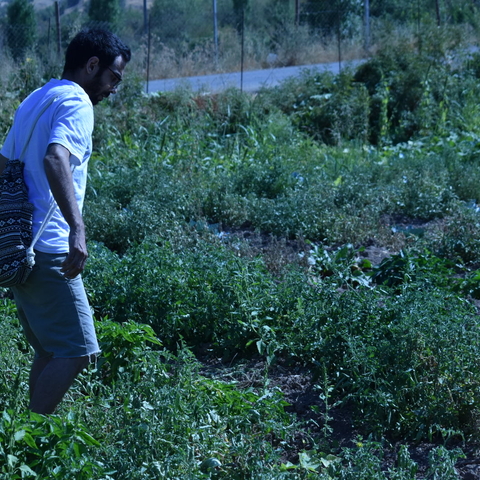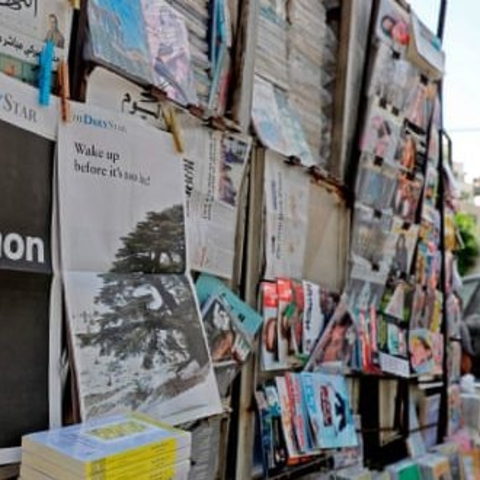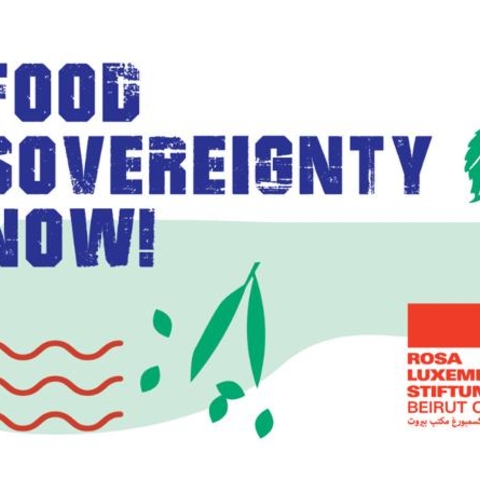Beauty and the Yield – Cosmetic Surgery as Neoliberal Entrepreneurship in Lebanon
Abstract
Following the recent scandal (Rabah, 2017)Rabah, M (2017, July 2). Cosmetic surgery shows the ugly face of Lebanon. The Arab Weekly involving plastic surgeon Dr. Nader Saab and the patient who allegedly died in his care, Farah Qassab, along with the dubiousness surrounding the incident’s investigation, this study seeks to analyse cosmetic surgery in Lebanon in relation to the wider power structures and socio- economic dynamics the industry is situated in. I will do so by posing and attempting to answer two separate but interlinked questions: How does the increasingly precarious situation of the middle and lower classes in Lebanon encourage the cultivation of the subjectivity rooted ideology of neoliberal entrepreneurship, which forces an investment in one’s self and, by extension, one’s image? And, what role does the prominence of the banking sector in Lebanon, which is a key supporter of this notion of the citizen as a neoliberal entrepreneur, and which is famous for offering loans for plastic surgery, play in the popularity of cosmetic surgery in the country?
In my attempt to explore the socio-economic context informing the Lebanese beauty industry, I draw conceptually on Andrew Mazzaschi’s dissertation Bodies of Value: Transnational discourses and practices of plastic surgeryMazzaschi, A.H.S. (2014). Bodies of Value: Transnational discourses and practices of plastic surgery. Rutgers University Libraries., and Michael Taussig’s seminal study, Beauty and the BeastTaussig, M. (2012). Beauty and the beast. Chicago: The University of Chicago Press., based on fieldwork on Colombia’s popular beauty industry. Both works center the economic component of plastic surgery, framing the practice more as the product of a drive to be a more successful, self-reliant economic subject, than merely a product of gender-based oppression, articulating the latter as inextricable from the former. Looking at the economic component allows us to see the ways in which even the oppressive pressure to enhance one’s body and image can also at times be subverted to one’s advantage.
My understanding of neoliberalism, and by association its ideological representation of “neoliberal entrepreneurship” within the Lebanese cosmetic industry, and to what is more broadly referred to as the “Lebanese job market,” can be best summed up with reference to the work of John Gledhill, as quoted by Mazzaschi: “Market liberalism and advocacy of free trade are not new. What makes neoliberalism something that a classical liberal such as Adam Smith would have found as disturbing as Pope John Paul II does is its elision of the distinction between a market economy and a market society, to the point where the latter seems to engulf life itself. Neoliberalism is not simply the response to a crisis of accumulation and a readjustment of the relations between capital and labor following the formation of truly global markets. It is the ideology of the period in which capitalism deepened to embrace the production of social life itself, seeking to commoditize the most intimate of human relations and the production of identity and personhood” Gledhill, J (2004). "Neoliberalism." In A Companion to the Anthropology of Politics, edited by David Nugent and Joan Vincent. Malden, MA: Blackwell. (Gledhill, 2004, p. 340).
In terms of my methodology, in my examination of the banking sector, I outline the history of bank loan provision for cosmetic surgeries explaining how they started and why, as well as the financial strategies and customization tools tied to the industry. This paper will also highlight recurrent trends in the banking sector drawing both on interviews I conducted with employees of the banking4 industry as well as media coverage and public statistics of customized personal loans tailor-made for private consumption in cosmetic clinics. I also look at2 the bankingsector’s role in encouraging the development of small to medium enterprises, and entrepreneurship more generally, exploring the link between this approach to the development of the Lebanese economy and citizenry and the support this sector provides to the cosmetic industry. Furthermore, I look at statistics and reports regarding beauty clinics proliferation in Lebanon to make sense of the correlation between the industry and economic developments on a national, regional, and global scale. Finally, I examine the media, and more specifically, interviews with media and entertainment industry professionals such as Sasha Elijah, a Lebanon-based transgender model, Leen Sleiman, a competitor on the 2003 edition of Miss Lebanon, and Sobhiyyeh Najjar, a prominent TV reporter with LBCI. This is to explore the ideological support that cushions the cosmetic surgery industry with the notions of beauty and proper comportment it promotes.



